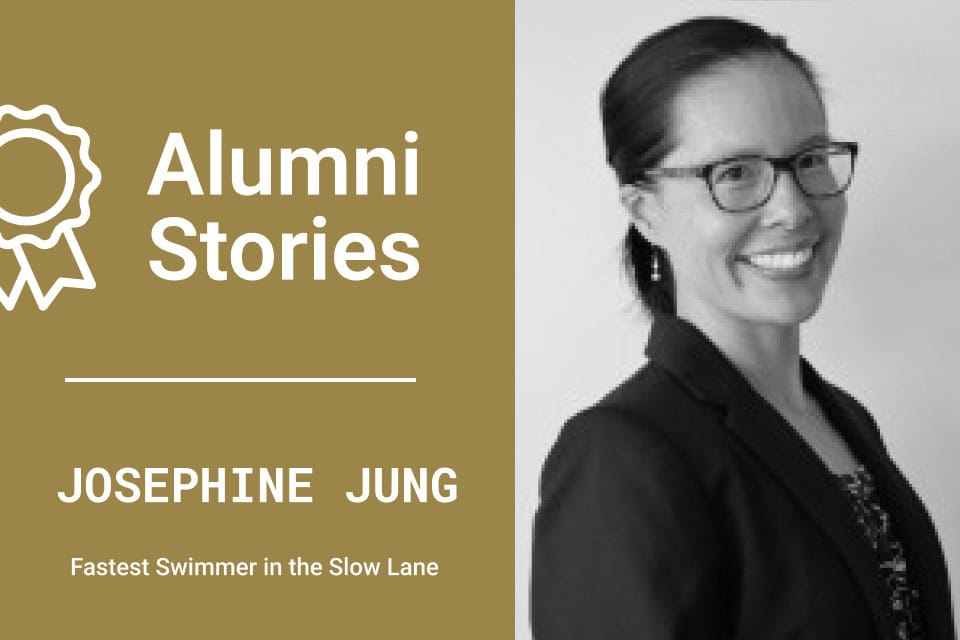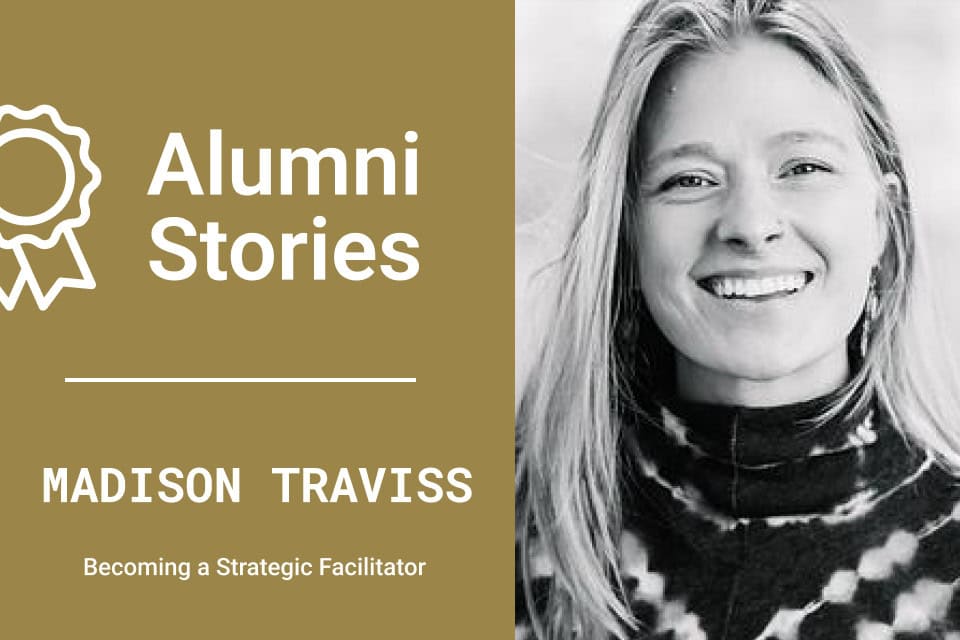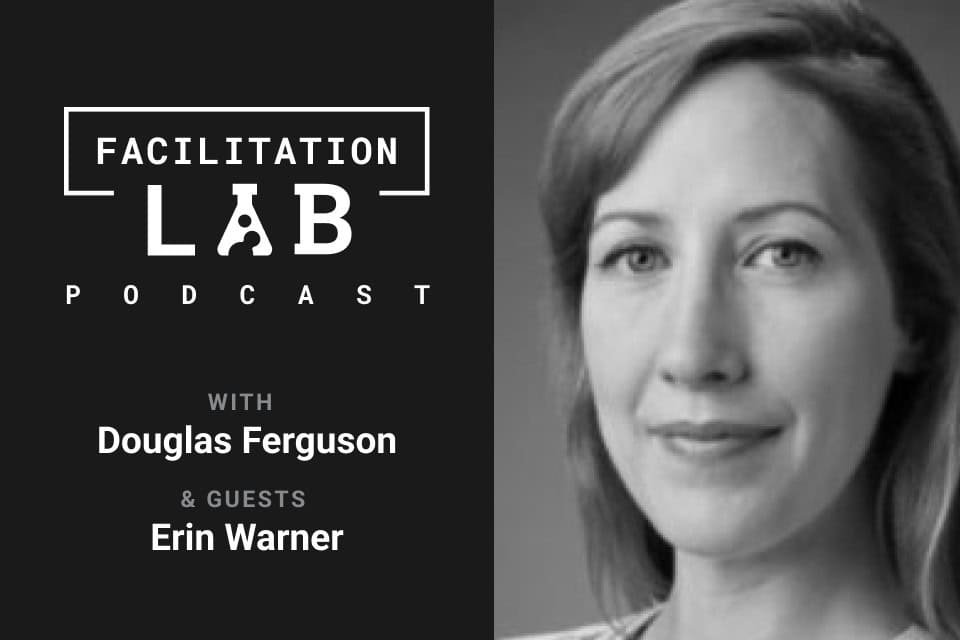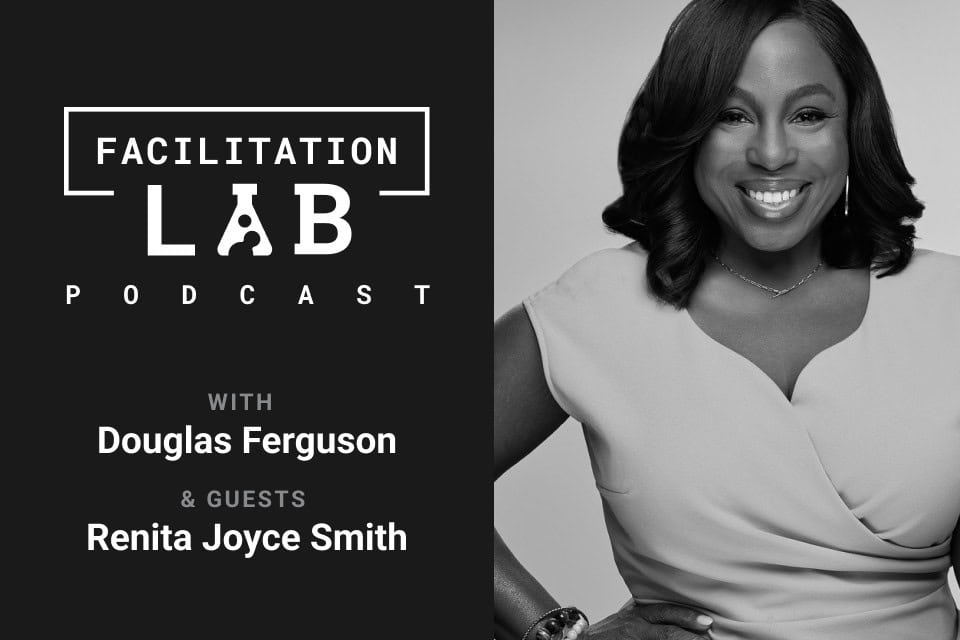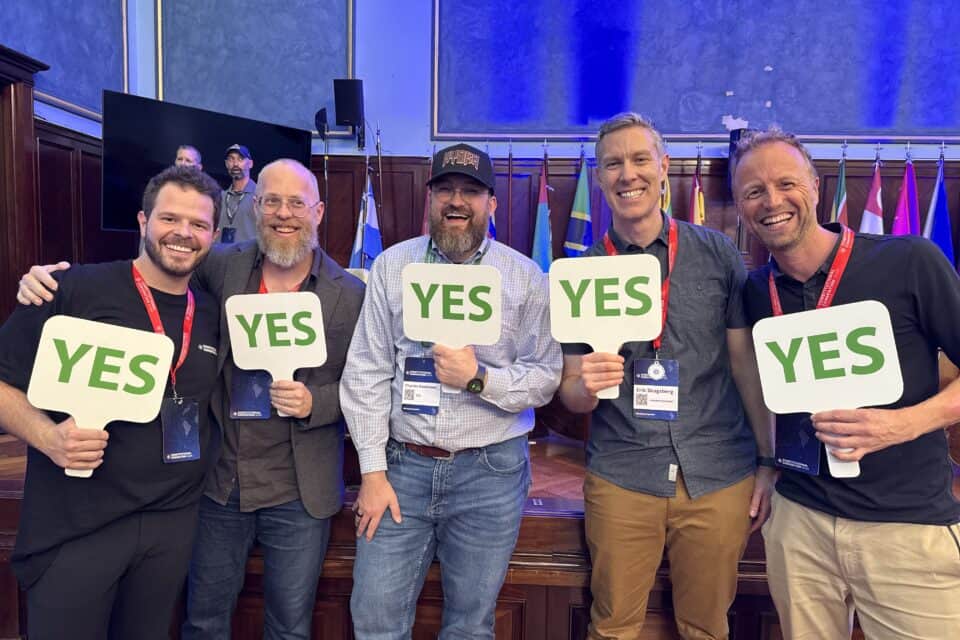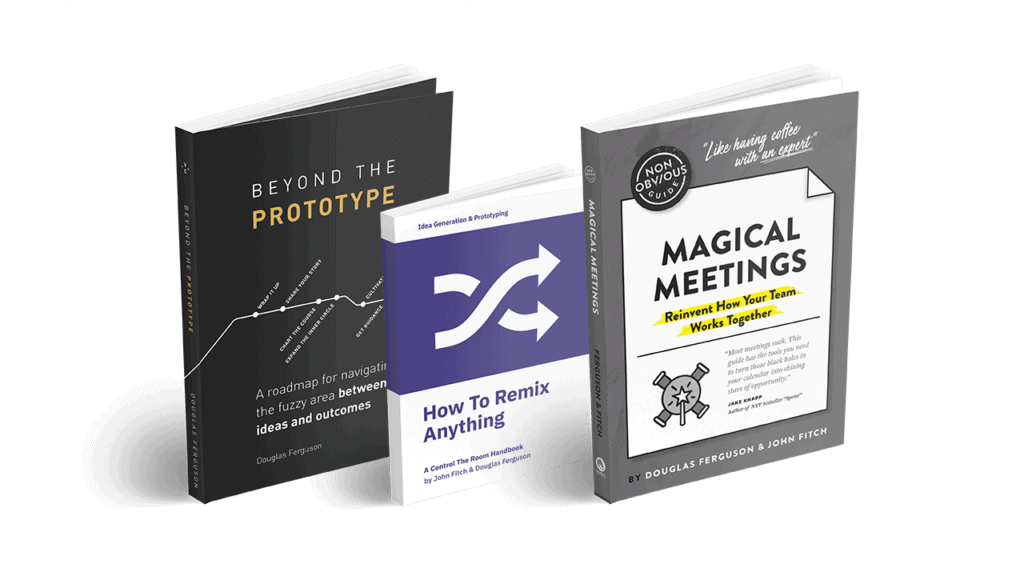Antonio Iskandar, a former Venezuelan attorney and longtime international development leader, reflects on how facilitation became his strategic “throughline”—from early human-rights restructuring rooms (and a formative fishbone diagram) to leading high-stakes governance, anti-corruption, and citizen-security work across 20+ countries. When a sudden career disruption hit mid–Voltage Control Facilitation Certification, the program gave him sharper language, practical methods, and a supportive cohort that helped him name his craft: designing inclusive processes that build trust, clarify decisions, and move stakeholders from noise to shared direction. Now he’s applying strategic facilitation to public consultations, multi-stakeholder dialogue, and nonprofit board work—bridging institutions and communities with clearer frames, fair decision structures, and next steps people truly own.
